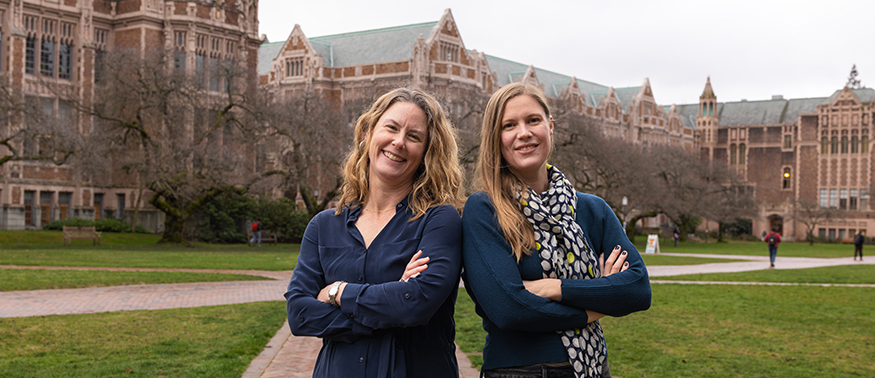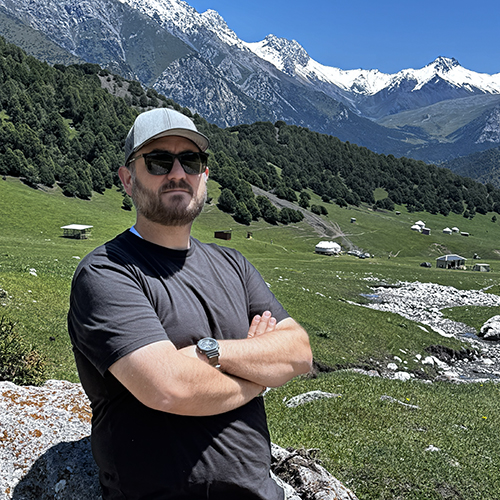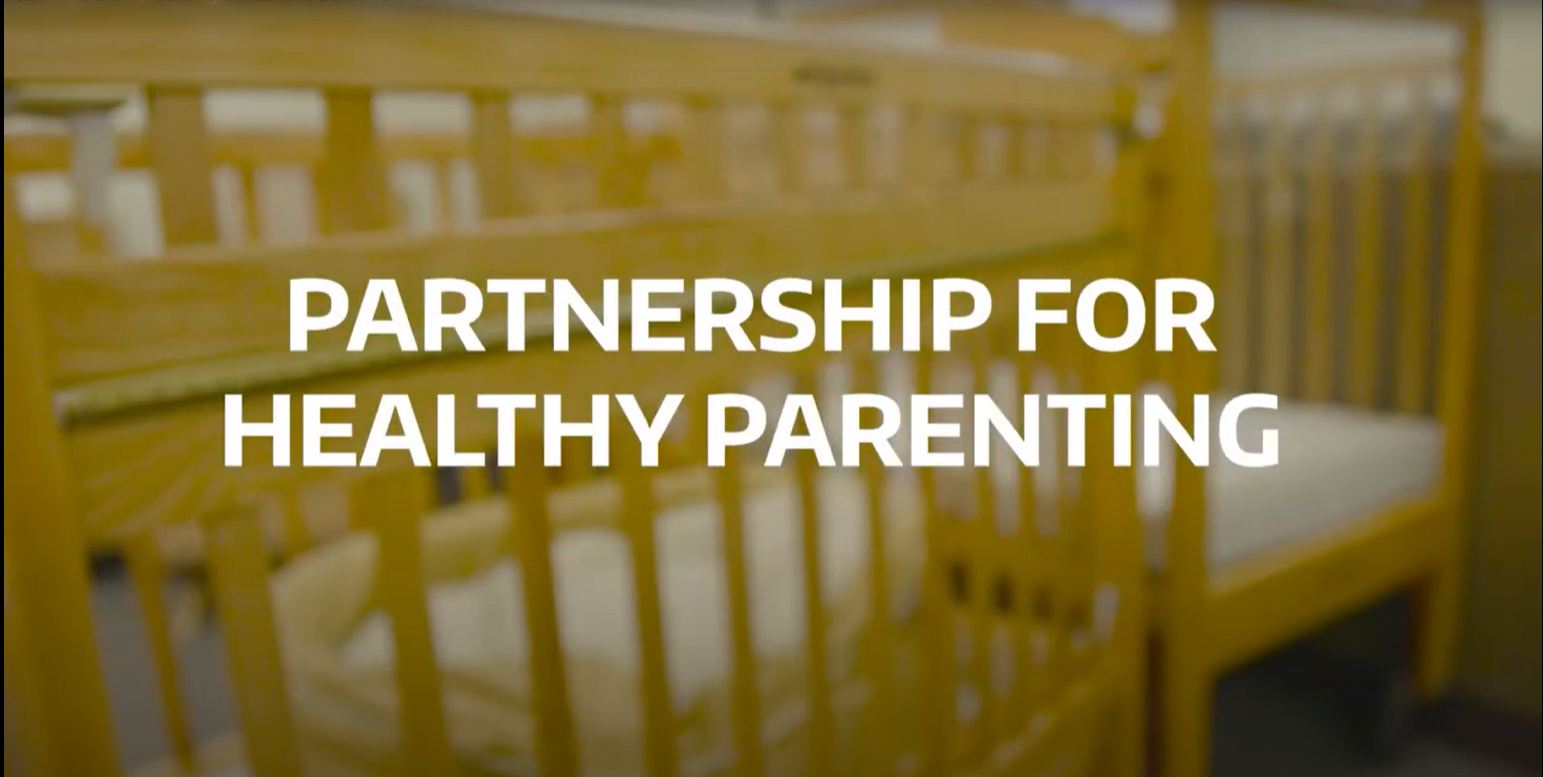
Like other new mothers, Jennifer Dixon’s world revolved around her baby. She played with him, read to him, and sang to him at bedtime. She tried to decipher his cries, and later, his babbling. She celebrated his milestones, from sitting up to crawling. But unlike other mothers, Dixon (not her real name) was serving a two-year prison sentence at the time.
Pregnant when she entered the Washington Corrections Center for Women (WCCW), Dixon was fortunate to be eligible for its Residential Parenting Program (RPP), which meant her child could reside with her after birth. There are less than a dozen such programs across the country. More often, babies born to incarcerated mothers are placed in kinship care or in the child welfare system within hours of birth, which can lead to a lack of stability that puts children at high risk of poor developmental outcomes at nearly every stage of life.
The WCCW Residential Parenting Program and others like it help mothers build strong bonds with their babies from the start, improving outcomes for both the mother and child. Candidates for the program must be pregnant when incarcerated, with a sentence no longer than the length of their pregnancy plus 30 months. There are additional criteria for eligibility, since the program — housed in the minimum security section of the corrections center — can accommodate a maximum of 20 mothers and their babies.
We’re really focusing on the communication foundation, all of the relationship building between the parent and child.
Puget Sound Early Head Start educators support the WCCW program, caring for the babies in WCCW’s child development center while the mothers are on work assignments or in school. University of Washington faculty and graduate students also support new mothers at WCCW through the Partnership for Healthy Parenting program, led by Amy Pace, assistant professor, and Kate Krings, associate teaching professor, both in the UW Department of Speech and Hearing Sciences (SPHSC).
A Personal Approach
Krings dreamed up the idea for Partnership for Healthy Parenting after reading an article about a residential parenting program at a New York prison. She learned that Washington state had a similar program in the Gig Harbor area and saw a potential learning opportunity for SPHSC graduate students. “I thought I could take graduate students to the prison to provide workshops and training,” Krings recalls. “It was just a kernel of an idea at the time.”
Krings met with WCCW’s Early Head Start family educator and a partnership was born. In 2016, she developed a workshop focused on parent-child communication and visited WCCW with SPHSC graduate students. After the first workshop, she quickly realized they needed to adjust their approach.

“At first I thought we’d roll in there and teach a two-hour workshop by talking at the front of the room, with flow charts and handouts, the way I was taught during my training,” Krings recalls. “We lost the mothers’ attention. I mean, they had a lot going on. Babies crying, time to breastfeed, toddlers…it’s not a traditional classroom. It's chaotic — in a good way.”
The UW team decided to divide the workshop into brief segments, about ten minutes each. Between the short lessons, the SPHSC students are paired with mothers for one-on-one chats about everything from developmental milestones to understanding their child’s non-verbal cues.
In feedback surveys, the mothers frequently identified those chats — and the affirmation they received from the UW students — as particularly helpful. The interactions were meaningful for the students as well. “I loved being an encourager and a teacher to these moms, and showing them that they already have innate knowledge on raising a child,” one student wrote in a reflection paper. “We’re just here to extend their potential and show them even more that they can do.”
A Strong Foundation for Communication
Pace joined the Partnership for Healthy Parenting program in its second year, soon after arriving at the UW. Given that the Department of Speech and Hearing Sciences focuses on communication, she sees the department as a great fit for this work.
“Most of the children in the Residential Parenting Program are pre-verbal, but those early years are critically important for building communication skills,” Pace says. “We’re really focusing on the communication foundation, all of the relationship building between the parent and child — being able to interpret your child’s cues for communicating, building strategies for responding in a way that meets their needs. The mom and her child are both together in our workshops and the students get to practice supporting families.”
The SPHSC team covers a range of topics during their visits. In their first session, they explain the basics of speech, language, and hearing development and discuss strategies for supporting that development. Other sessions focus on recognizing a child’s non-verbal cues, the importance of play and building language into that play, and ways to engage in book reading with your child.
See the Partnership for Healthy Parenting program in action in this 2019 video.
It is not lost on Pace and Krings that most of the mothers they meet at WCCW would not have access to their helpful sessions if they were not incarcerated. On the outside, the women also might not have the bandwidth to focus on their child in this way.
“The odds are stacked against both the mother and the child, because lots of things happened to these moms before they arrived — addiction and poverty and domestic violence and other really hard things,” says Krings. “Those factors in the women’s lives are risk factors for communication disorders for their children. And so being in a place where they have housing, they have food, and they’re safe, they really can focus on their babies in a way that maybe they wouldn’t have been able to do in their previous life on the outside.”
Of course, the mothers eventually leave WCCW with their babies. Pace and Krings would love to see the women receive the same support in the community. There are transition programs for individuals released from the criminal justice system; their hope is that a family-focused transition program might make a difference for these women. Pace is in contact with UW faculty in other departments working toward such a program.
“We hope these women continue to get validation and empowerment,” says Pace. “We hope they continue to see that what they’re doing with their baby is working. And hopefully they continue to learn how to have fun as a parent. That might seem easy, but it’s not. It’s daunting.”
More Stories

AI in the Classroom? For Faculty, It's Complicated
Three College of Arts & Sciences professors discuss the impact of AI on their teaching and on student learning. The consensus? It’s complicated.

Through Soil Science, an Adventure in Kyrgyzstan
Chemistry PhD alum Jonathan Cox spent most of 2025 in Kyrgyzstan, helping farmers improve their soil—and their crops—through soil testing.

A Sports Obsession Inspires a Career
Thuc Nhi Nguyen got her start the UW Daily. Now she's a sports reporter for Los Angeles Times, writing about the Lakers and the Olympics.

